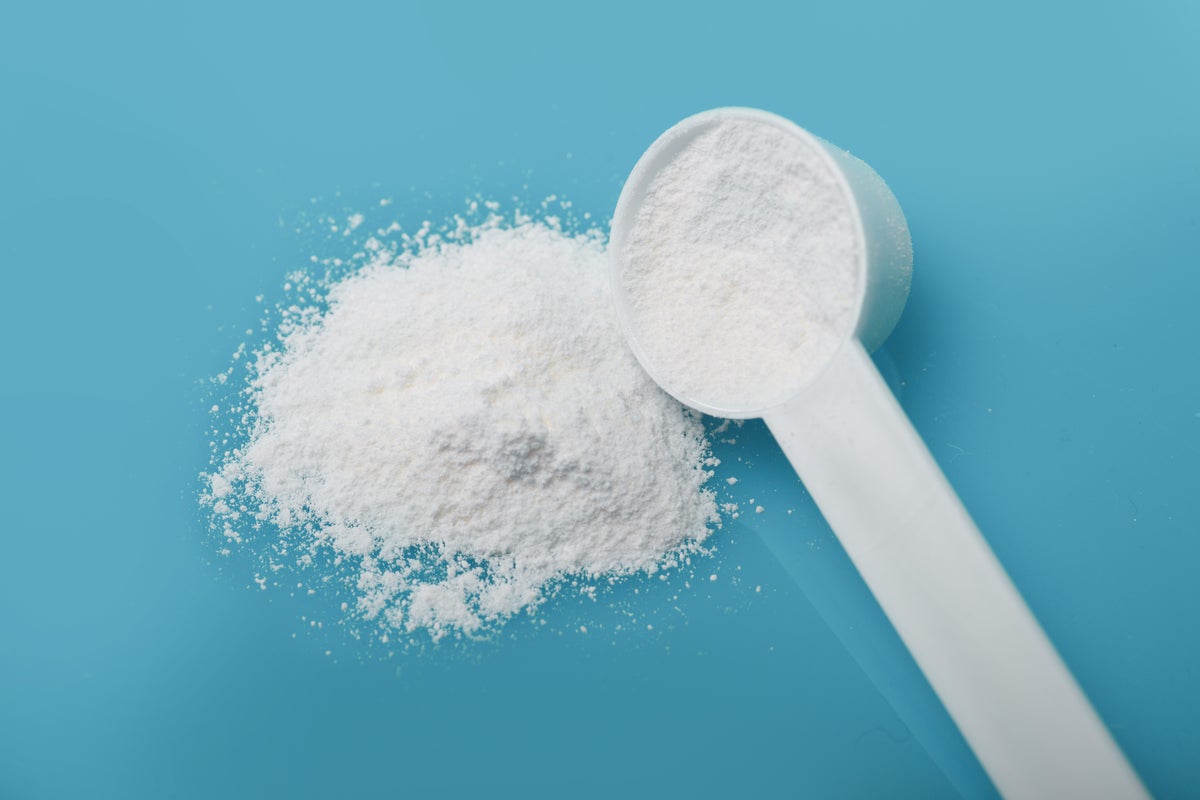Creatine: The Modern-Day Forbidden Fruit That Young Athletes Should Shun to Protect Their Futures and Health
Creatine supplementation has become ubiquitous in athletic circles, touted as the ultimate enhancer of strength, endurance, and muscle growth. Many young athletes, eager to gain an edge over their competitors, flock to creatine in the hopes of achieving their performance goals. However, this popular sports supplement is not without its controversies and potential risks, especially for younger individuals whose bodies and minds are still developing.
To understand the debate surrounding creatine, it’s essential to recognize its origins and how it has evolved into a staple in the fitness world. Creatine is a naturally occurring substance found in small amounts in certain foods, like red meat and fish, and is also produced by the body. It plays a vital role in the production of adenosine triphosphate (ATP), which provides energy for high-intensity workouts. As such, many athletes believe that supplementing with creatine can enhance their energy levels, allowing for more intense training sessions and quicker recovery.
However, the implications of creatine use extend far beyond performance enhancement. For young athletes, particularly those under the age of 18, the use of creatine raises significant health concerns. The adolescent body is still undergoing various developmental processes, and introducing an external source of creatine may disrupt natural physiological functions. While some studies suggest that creatine can be safe for use by older teens, the long-term effects on younger individuals remain largely unstudied and unknown.
The fear surrounding creatine use is compounded by the broader societal trends that prioritize immediate results and competitive advantage over long-term health. Young athletes are often caught in a cycle of pressure: from peers, coaches, and even parents to perform better, look stronger, and achieve athletic success at any cost. This environment can lead to a troubling normalization of supplement use without fully understanding the risks involved. Young people may underestimate the potential side effects of creatine, which can include gastrointestinal discomfort, muscle cramps, dehydration, and even kidney stress in rare cases.
Moreover, the psychological aspects of supplement use among youth cannot be ignored. The desire for a quick fix to enhance athletic performance can lead to unhealthy habits and a distorted body image. Rather than focusing on natural growth, strength training, and skill development, young athletes may become reliant on substances like creatine to achieve their goals. This reliance can create a slippery slope; as they grow older, they may be more likely to turn to other, potentially more dangerous substances in the pursuit of performance enhancement.
The ethical implications of promoting creatine use among young athletes are significant. Should coaches and sports organizations endorse or even encourage the use of such supplements, knowing the potential risks involved? The integrity of youth sports relies heavily on promoting health, wellness, and fair play. Introducing supplements like creatine into the conversation can shift the focus from skill development and teamwork to an unhealthy obsession with performance metrics.
Furthermore, the marketing strategies employed by supplement companies should be scrutinized. Many products are targeted at young athletes, often featuring endorsements from professional athletes who promote their efficacy. This kind of marketing can create a misleading narrative that equates creatine use with success, overlooking the potential health risks associated with its consumption. Young athletes, eager to emulate their heroes, may disregard warnings or negative information about the supplement.
As the conversation around creatine continues to evolve, it is crucial for parents, coaches, and young athletes themselves to engage in open and honest discussions about the potential risks and benefits. Education plays a key role in making informed decisions about supplement use. Encouraging a focus on natural methods of training, balanced nutrition, and mental well-being can help steer young athletes away from the lure of quick fixes and toward sustainable, healthy practices.
In recent years, there has also been a growing movement advocating for a holistic approach to sports training. This philosophy emphasizes the importance of physical conditioning, nutrition, and mental health over reliance on performance-enhancing supplements. By fostering an environment that values overall well-being, young athletes can develop into well-rounded individuals who are not just focused on the immediate gains of performance enhancement but on their long-term health and fitness longevity.
The conversation surrounding creatine and young athletes is complex and multifaceted. It requires a balance between acknowledging the potential benefits of the supplement while also recognizing the valid concerns about its use. As more research emerges, it is essential to remain vigilant in safeguarding the health of young athletes. Promoting a culture of health and well-being over performance at any cost can help create a future where young athletes thrive without compromising their integrity or health.
Creatine is taken by many in the hopes of boosting strength, enhancing athletic performance and promoting muscle growth




